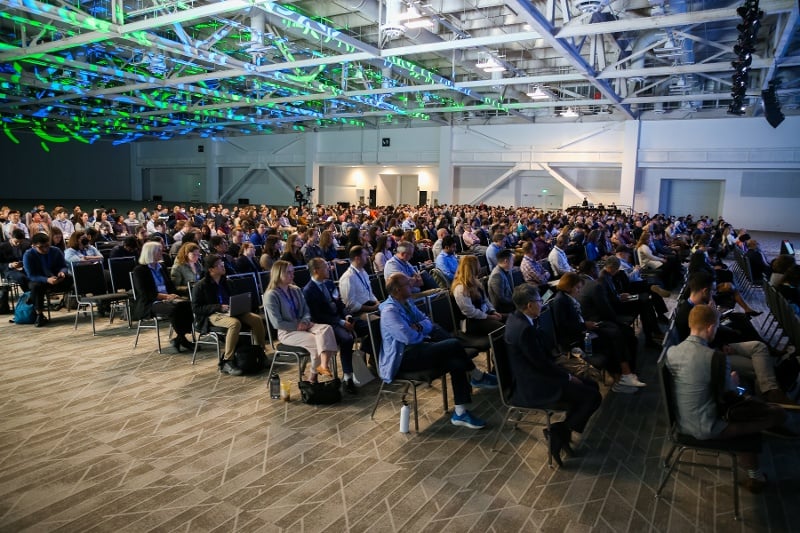Call for Chapter Development Report Reviewers
Want to make an impact? As a CDR reviewer, you’ll evaluate submissions from student chapters and help determine which ones deserve top recognition....
BMES serves as the lead society and professional home for biomedical engineers and bioengineers. BMES membership has grown to over 6,000 members, with more than 160 BMES Student Chapters, three Special Interest Groups (SIGs), and four professional journals.
Welcome to the BMES Hub, a cutting-edge collaborative platform created to connect members, foster innovation, and facilitate conversations within the biomedical engineering community.
Discover all of the ways that you can boost your presence and ROI at the 2024 BMES Annual Meeting. Browse a range of on-site and digital promotional opportunities designed to suit any goal or budget that will provide maximum impact.
Dr. Cato T. Laurencin, CEO of The Connecticut Convergence Institute for Translation in Regenerative Engineering at UConn Health, has created a new classification system for cell-based therapies.
The objective was to create a strategy that will benefit patients, encourage regulatory efforts, and further inform the scientific community, according to UConn Health.
“The rapidly expanding direct-to-consumer marketplace allows for public consumption of unregulated treatments, so we identified an opportunity to enhance regulation and ensure greater public health,” said Laurencin, who is a BMES fellow.
The new system will aid in categorizing proposed interventions to determine suitability for immediate clinical use or therapies that require further investigational studies prior to clinical use.
Utilization of this system will result in increased regulation and widespread standardization, which in turn decreases patient health and financial risks associated with unregulated treatments.
Doctors at UConn Health have developed the first classification system for regenerative cell-based therapies designed to stratify therapies based on scientific evidence and potential for harm.
The unregulated U.S. stem cell market has been widely reported as it offers potentially harmful therapies to patients without FDA approval. Currently, there are no regenerative cell-based therapies approved by the FDA, although high demand for such treatments is ongoing.
In light of these concerns, the current climate has generated demand for a systematic method to assess potential therapies.
Read more in Regenerative Engineering and Translational Medicine.

Want to make an impact? As a CDR reviewer, you’ll evaluate submissions from student chapters and help determine which ones deserve top recognition....

We’re looking forward to seeing you in San Diego, CA., on October 8-11 for #BMES2025.

We are seeking passionate members to join the prestigious BMES Awards and Fellows committees and play a key role in helping us recognize excellence...

The Biomedical Engineering Society (BMES) continues to monitor ongoing developments in federal research funding. We are alarmed by the proposed...

Engineering researchers have developed a device the size of a wristwatch that can monitor an individual's body chemistry to help improve athletic...

1 min read
A new Northwestern University study has discovered that the packing of the three-dimensional genome structure, called chromatin, controls how cells...